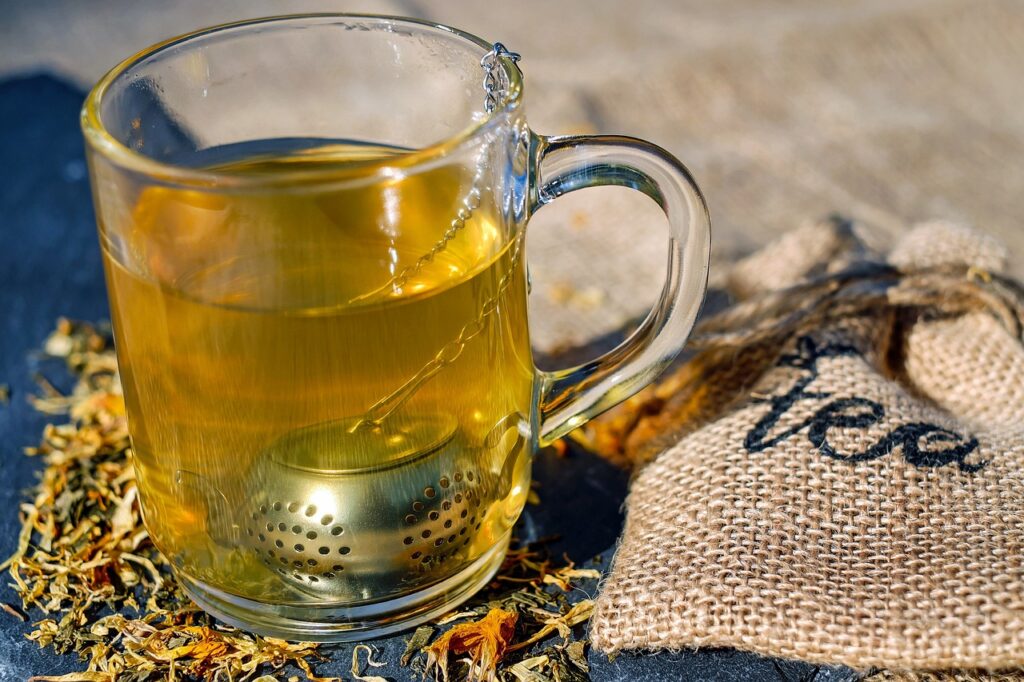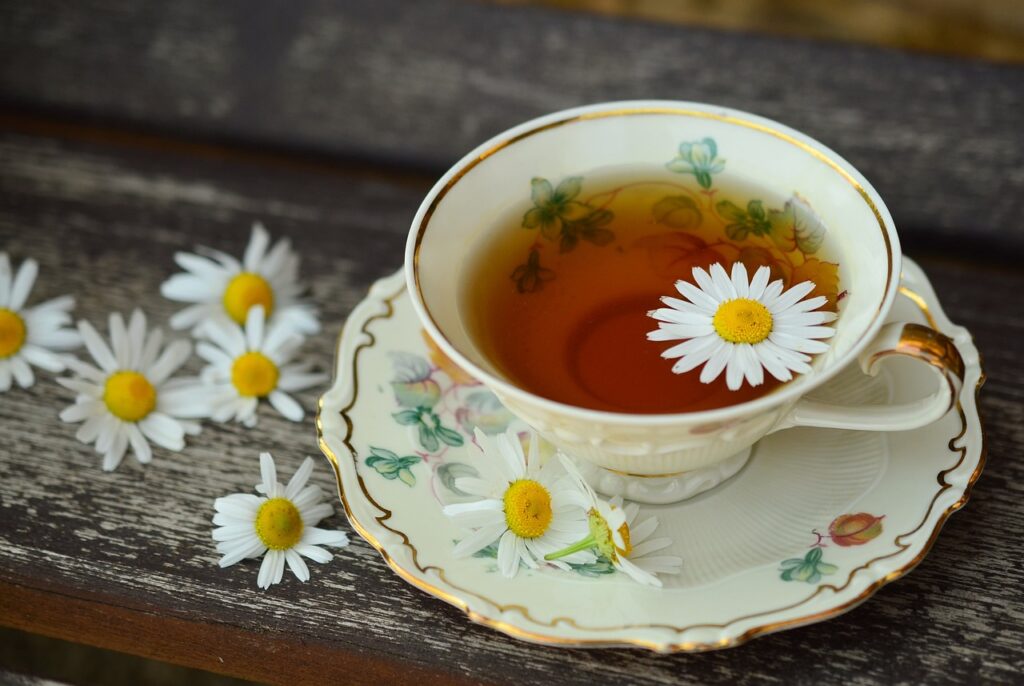Does Sweet Tea Have Caffeine?
1. Introduction
Sweet tea is a beloved beverage, especially in the Southern United States, where it is enjoyed as a refreshing, sugary treat. This classic drink is typically made by brewing tea, adding sugar, and serving it chilled over ice. But many people wonder: Does sweet tea contain caffeine? Does it provide an energy boost like coffee, or is it caffeine-free? If you’ve ever questioned whether your favorite glass of sweet tea is keeping you awake, this article will clear up the confusion!
2. The Short Answer: Yes, Most Sweet Tea Contains Caffeine
Most sweet tea recipes use black or green tea as the base, both of which naturally contain caffeine. While herbal or decaffeinated tea can be used to make caffeine-free versions, the majority of sweet teas you’ll find in restaurants, grocery stores, and homemade recipes will have some level of caffeine. If you’re sensitive to caffeine or looking for a milder option, you may want to check the type of tea used.
3. How Much Caffeine Is in Sweet Tea?
The caffeine content in sweet tea can vary significantly depending on factors such as tea type, brewing method, and serving size. Here’s a general breakdown:
- Black tea sweet tea: ~40–70 mg per 12 oz (comparable to a weaker cup of coffee)
- Green tea sweet tea: ~20–45 mg per 12 oz (a lighter caffeine boost)
- Decaf or sun tea: <5 mg per 12 oz (almost caffeine-free)
For comparison, an average 8 oz cup of coffee contains about 95 mg of caffeine, meaning sweet tea generally has less caffeine than coffee but more than many sodas.

4. Factors That Affect Caffeine Levels in Sweet Tea
Several factors influence how much caffeine ends up in your glass of sweet tea:
- Tea Type: Black tea has the most caffeine, followed by green tea, while herbal teas (such as chamomile or rooibos) contain none.
- Brewing Time: The longer tea leaves steep in hot water, the more caffeine they release.
- Serving Size: A larger glass means a higher caffeine intake.
- Brand and Restaurant Variations: Some commercial and restaurant versions of sweet tea contain more caffeine than homemade versions. For example, McAlister’s Deli and Chick-fil-A sweet teas are known to be stronger than some bottled options.
5. Caffeine in Store-Bought vs. Homemade Sweet Tea
Depending on where you get your sweet tea, the caffeine content can vary widely:
- Bottled/Canned Sweet Tea (e.g., Lipton, Pure Leaf): Usually contains 20–50 mg per 12 oz.
- Fast-Food and Restaurant Sweet Tea (e.g., Chick-fil-A, McDonald’s): Often has a higher caffeine content, around 50–70 mg per 12 oz.
- Homemade Sweet Tea: Can be adjusted based on your recipe and the type of tea you use.
If you prefer a lower caffeine version, homemade sweet tea gives you complete control over the strength of the brew.
6. Can You Make Caffeine-Free Sweet Tea?
Yes! If you want to enjoy sweet tea without the caffeine, consider these options:
- Use Herbal Tea: Herbal teas like hibiscus, rooibos, or chamomile have no caffeine but still offer a flavorful base for sweet tea.
- Choose Decaf Black Tea: Decaffeinated black tea retains much of the classic sweet tea flavor with minimal caffeine.
- Try Cold Brew or Sun Tea: Cold brewing tea extracts less caffeine than traditional hot brewing, resulting in a milder beverage.
7. Who Should Watch Their Caffeine Intake?
Certain groups of people may need to limit caffeine intake, including:
- Children: Too much caffeine can lead to hyperactivity, sleep disturbances, and irritability.
- Pregnant Women: Doctors often recommend limiting caffeine intake during pregnancy to avoid potential risks.
- People Sensitive to Caffeine: Those who experience jitters, anxiety, or insomnia from caffeine may prefer decaf or herbal options.
Alternatives for those limiting caffeine include half-cut tea (mixing sweet tea with water or lemonade) or completely caffeine-free herbal blends.
8. Common Myths About Sweet Tea and Caffeine
There are many misconceptions about sweet tea and its caffeine content. Here are two common myths debunked:
- Myth: “Sugar Cancels Out Caffeine” – False! Sugar might give a quick energy rush, but it doesn’t neutralize caffeine’s effects.
- Myth: “All Sweet Tea Has the Same Caffeine Level” – Not true. Different brands, brewing methods, and tea types significantly impact caffeine levels.

9. Conclusion
So, does sweet tea have caffeine? In most cases, yes! Traditional sweet tea made with black or green tea contains caffeine, though the amount varies. If you want a caffeine-free version, you can opt for herbal tea, decaf tea, or cold-brewed tea.
If you love sweet tea but prefer a milder drink, check labels, ask at restaurants, or try homemade recipes that let you control the caffeine content. Whether you enjoy the classic energy boost from black tea or prefer a soothing caffeine-free alternative, there’s a perfect sweet tea option for everyone!




